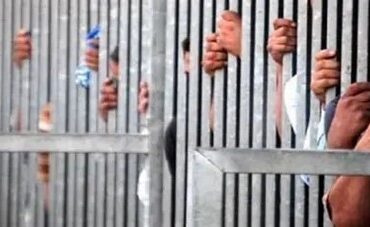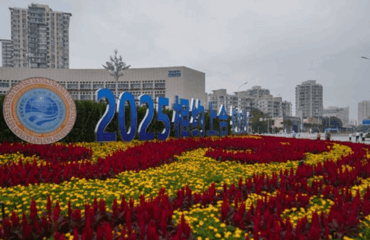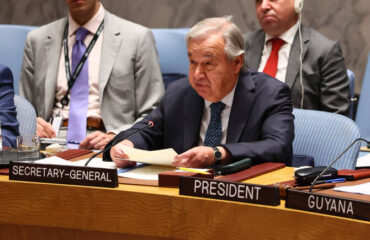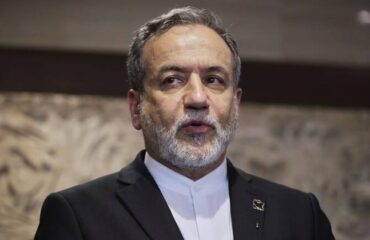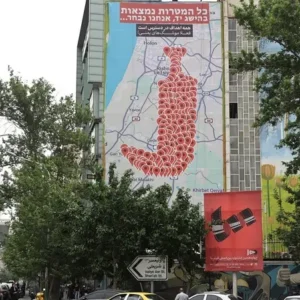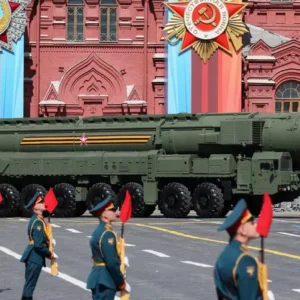Christians in Pakistan: The law of powerful trumples on religious freedoms
Written by Dimitra Staikou
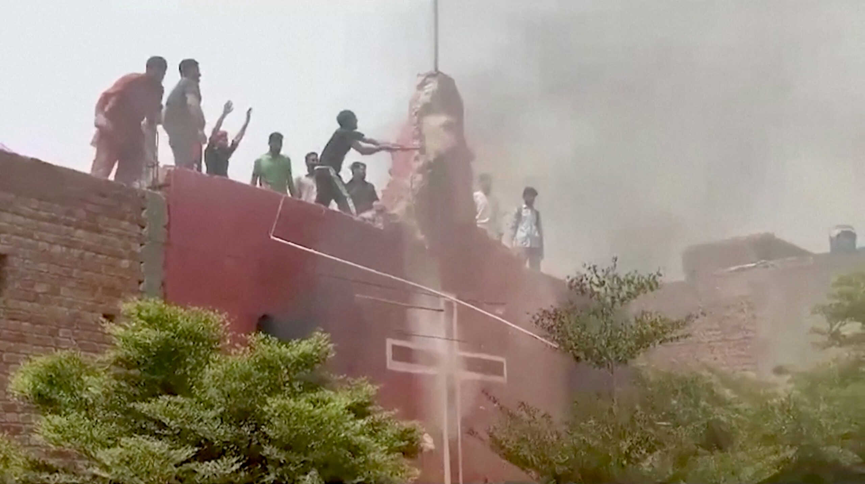
As the ancient Greek philosopher Thucydides said, the strong reach as far as their strength allows, and the weak reach as far as their weakness permits. In this particular case, the weak are the Christians of Pakistan due to their extremely small minority percentage and the continuous persecutions they face.
Pakistan ranks eighth on Open Doors’ 2025 World Watch List of the most difficult places to live as a Christian.
However,there are a few Pakistanis who have embraced the Christian faith, as they make up only 1.6% of the population. With the country moving towards homogenization, this percentage may decrease even further in the future. Pakistan ranks eighth on Open Doors’ 2025 World Watch List of the most difficult places to live as a Christian.
On August 16, 2023, the Jaranwala area witnessed the worst attack against Christians in Pakistan’s history, with 26 churches and 80 homes destroyed by a mob accusing Christians of blasphemy. Two years later, there have been no convictions, while Christians seeking justice face threats and intimidation from extremists. Controversial blasphemy laws continue to be used to target Christians, often on false charges. Although the death penalty is rarely carried out, defendants are at risk of mob attacks.
On June 4, 2025, an anti-terrorism court in Faisalabad acquitted 10 suspects involved in the burning of a church and the looting of a Christian’s home during the violent incidents. The plaintiff’s lawyer blamed the police for the acquittals, despite strong evidence against the suspects. Similar decisions are expected in the remaining cases related to the attacks, as previously stated to Christian Daily International-Morning Star News. Christian women and girls are facing an increasing number of abductions, rapes, and forced conversions to Islam. Many of them are poor or disabled, and the perpetrators often go unpunished due to the authorities’ indifference. Voice of Pakistan Minorities (VOPM) and other international bodies are expressing serious concerns about the escalating violence against religious minorities in Pakistan, highlighting the abuse of blasphemy laws and the lack of state protection.
Two years after the Islamist attacks against Christians in the Jaranwala area of Pakistan’s Punjab province, hopes for justice are fading daily as none of the perpetrators have been convicted following the looting and destruction of more than 25 churches and 85 Christian homes in the area. Of the 5,213 suspects arrested in the Jaranwala riots, 380 were detained while 4,833 were released, according to Amnesty International. A year after the attacks, 228 of the arrested suspects were released on bail and 77 others were acquitted of the charges against them, according to Babu Ram Poudel, Amnesty International’s Deputy Regional Director for South Asia, who added at the time: “Despite assurances of accountability from the authorities, the completely inadequate action has created a climate of impunity for the perpetrators of violence in Jaranwala.”
Two years later, on Saturday (August 16, 2025), Christians held protests demanding government action. The main event was organized in Jaranwala by the Victims’ Committee, where community leaders criticized the government for its failure to effectively prosecute the rioters. Speakers also criticized the negative role played by some Christians, who, they said, damaged legal cases at the behest of the government authorities.
“We are extremely disappointed, as all the perpetrators have been released on bail or acquitted of the charges due to inadequate police investigation,” said the committee coordinator, Lala Robin Daniel. Some victims have still not received the financial compensation and rehabilitation promised by the government after the incident. Efforts are now being made to divide the community in Jaranwala in order to undermine the cases.
“We are calling on all Christians in Jaranwala to hold sit-ins on their streets until our demands are met by the government,” he added. “We will remain peaceful and use social media to continue reminding the government that they owe us justice.”
The president of the Rwadari Tehreek (Movement for Equality), Samson Salamat, said he was saddened that some Christians were not only using the plight of the Jaranwala victims to illegally raise money for themselves, but were also harming the cause.
“I am disappointed that there are no church leaders or politicians at this gathering today to show solidarity with the victims,” Salamat said. “Even the Punjab minister, who calls religious minorities ‘the jewel in the crown of Punjab,’ has not visited Jaranwala even once to express her support or to be briefed on the progress of the cases.”
Salamat warned Christians in Jaranwala to remain vigilant against attempts to divide the community. “You have remained steadfast in your pursuit of justice for two years, and we believe your commitment will not waver in the future,” he said. We assure you of our full support in this struggle.
The protest organized outside the Lahore Press Club was attended by Christian activists Ghazala Shafique and Luke Victor, who called for strict punishment for the perpetrators of the violence in Jaranwala.
“The incident in Jaranwala is a sad reminder of the deep-rooted intolerance and systemic discrimination faced by Christians in Pakistan,” they said in a press release. “The government’s failure to punish the accused even after two years and its inaction against extremist groups call into question the state’s commitment to protecting minorities.”
The President of the Cecil and Iris Chaudhry Foundation, Michelle Chaudhry, stated, “No Christian in Pakistan would dare to commit blasphemy, but the dangers of misusing blasphemy laws and the failure of state institutions to act promptly to protect their citizens have been exposed in many cases. Today, once again, we call on the government of Pakistan to ensure that all perpetrators of this heinous crime are brought to justice and that the survivors of Jaranwala receive full rehabilitation, financial compensation, and long-term support, as they were promised. Impunity for violence against religious minorities in Pakistan must end. With these words, Chaudhry urged the government to take urgent and substantive measures to reform the laws, particularly the blasphemy provisions, which are both extremely strict and so broad that they target vulnerable groups.
Blasphemy charges are common in Pakistan, and those found guilty of insulting Muhammad, the prophet of Islam, can be sentenced to death. Although the authorities have not yet carried out death sentences for blasphemy, the charge itself can often cause unrest and incite the mob to violence. The situation requires international attention and pressure to ensure justice and protect Christians.
It is considered appropriate that a combined approach is needed to strengthen the rights of Christians in Pakistan. Reforming blasphemy laws and effectively administering justice are needed to protect against attacks and injustices. Simultaneously, education and awareness campaigns can reduce religious prejudice. The social and economic empowerment of communities, especially women and children, will strengthen their safety and autonomy. Finally, international pressure, political participation, and the creation of community networks can ensure the long-term protection and recognition of Christians in Pakistan.


